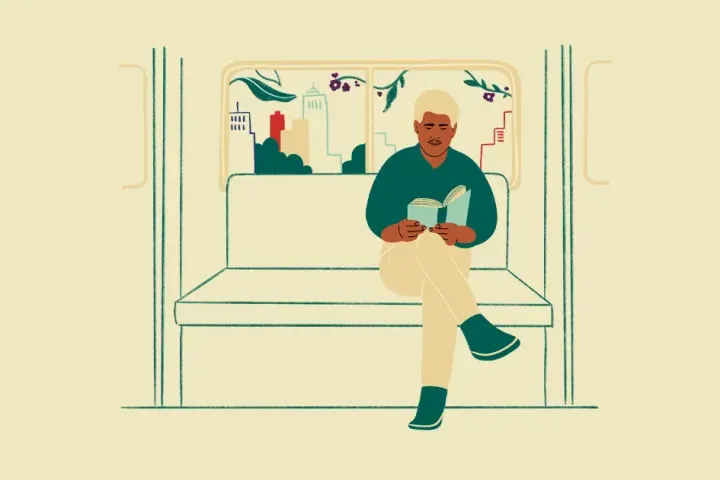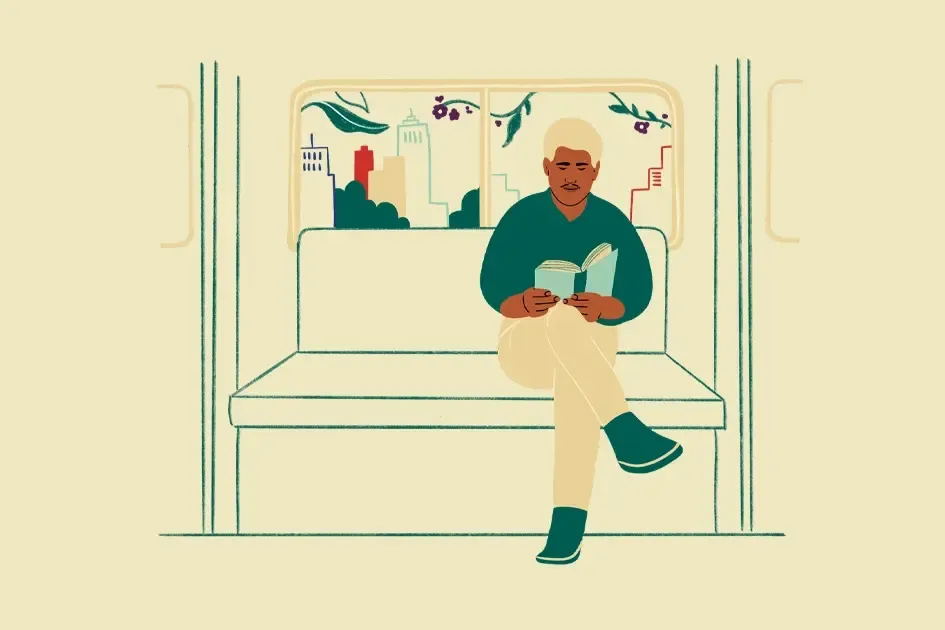The hush of muffled conversation and the squeak of wet rubber soles echoed through the cathedral as I entered. The drop in temperature was obvious, but mainly I shivered from a sense of awe at the fluted columns, the intricacy of the mosaic floors, and the enormous dome soaring above. My travel companions and I had spent days traipsing through a cold, rain-soaked spring in Italy, and we entered Florence Cathedral as much from a desire to escape the storm outdoors as from wanting to see the famous landmark.
Once inside, the nine of us scattered in various directions into side chapels or sat with craned necks, gazing up at the frescoed dome. Around us, tourists moved like chess pieces across a board, following their tour guides to various points of interest in the cathedral. Hundreds of us walked about the space, but the church’s grand proportions made the nave appear nearly empty.
The church regularly held 20,000 members at a time for services. I couldn’t fathom that number of people packed in a single space to worship on a weekly basis.
As I walked, I tried to imagine what a Sunday service might have looked like centuries ago. I replaced the muted speech and squeak of wet sneakers with the rising voices of those who entered to escape the storms of everyday life: to pray, to worship, to meet in community with fellow believers. According to our guide, at the height of attendance, the church regularly held 20,000 members at a time for services. I couldn’t fathom that number of people packed in a single space to worship on a weekly basis.
Beneath the cathedral, a crypt contains the remains of the basilica of Santa Reparata, a church that had formed on the site in the fifth century. I shivered again at the thought of all the believers who had passed through this particular place before me and the centuries across which they built this testament to God’s kingdom on earth. The cathedral, officially called Santa Maria del Fiore, is more than a magnificent church building, more than a step back in time, and more than a photo opportunity—it is the result of committed Christians who dedicated their lives to a specific time and place.
One of my companions asked our guide how many attendees the cathedral sees for services in the 21st century. She said the congregation had dwindled from 20,000 to 12. “Twelve thousand?” my friend asked, thinking this was a healthy number by any standard. The guide clarified, “No, 12 people total.” She added that the remaining congregants are elderly women who continue to serve by keeping the cathedral doors open for tourists like us.

At first, I was taken aback. It seemed a terrible waste for the cathedral to become simply another must-see in the guidebooks, when it had been the center of life in Florence and a powerful presence of communal worship for centuries. In considering the structure’s current role through my specific cultural lens as an American, I could conclude that the work of the church failed when growth declined and left it with only a handful of women. America is a nation of “bigger is better,” and this attitude also permeates our houses of worship. Faithfulness, discipleship, and personal transformation can’t be reflected in quantifiable numbers, so we default to measuring success by over-emphasizing church attendance while failing to honor smallness and acts of preservation.
When a church’s vision for growth is rooted in the world’s standard of success rather than in the hidden practices of faithfulness, it devalues the wisdom and work of dwindling and aging congregations. But reading the Bible, I’m reminded in story after story that to do something mighty, it takes only a small remnant of people who trust in God. It takes only a few women to stay at the foot of the cross to bring the good news of the resurrection. It takes only 12 disciples to transform the world by sharing the story of redemption. And in Florence, I wonder if maybe it takes only 12 elderly women to keep a small fire burning until such a time that revival comes to the land.
The women who keep the doors open have preserved a place of worship where wet and weary travelers can find respite from the storm. A congregation I initially considered weak, small, and ineffectual may actually be a symbol of strength and endurance. The faithful in Florence may be the remnant God has prepared to keep the lights on in Santa Maria del Fiore and preserve the light of Christ in the city.
I think now about walking down those stone stairs, worn smooth from so many feet over the centuries. And I like to imagine the women still climbing those stairs each day, perhaps a little slower than the year before, to pray for their city. The sound of their shoes translating upward, an echoing of Paul’s words: “How beautiful are the feet of those who bring good news.”
Illustration by João Fazenda





